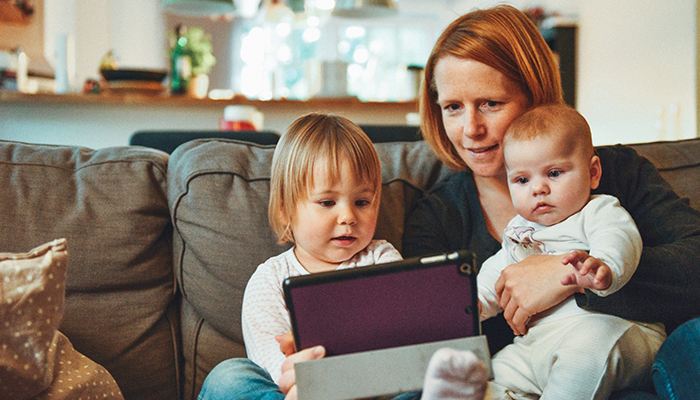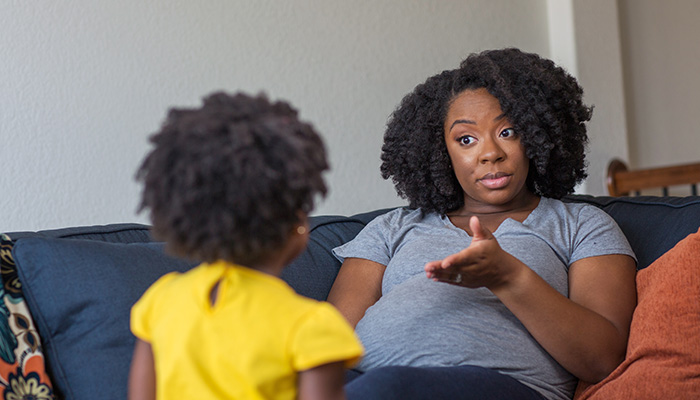First world parenting problem: Screen time! When I was a kid, my parents were mostly worried that if I sat too close to the TV, I would ruin my eyesight. There wasn’t a lot on to watch and plenty of commercials to inspire moving on to a new activity. But how quickly it changed! Video games led the charge and the internet followed with smart phones just behind. Computers and iPads are ubiquitous in schools now so there really is no escaping screen time. And it is so easy to get lost in a screen! Every age is vulnerable. So why does it matter?
Happiness and Loneliness to start. Evidence is mounting to suggest that the more time spent on screen time with streaming Netflix or YouTube, gaming, social media and more, the less the sense of joy and the greater the feelings of isolation. Did you know that there has been shown to be a direct relationship between the increase in the number of teens who own smartphones and a decrease in teen self-esteem and life satisfaction? When the vast majority of teens own a smart phone this if very concerning. While kids communicate on smart phones, via social media and even while using gaming systems, it does not replicate face to face interaction. In addition to potential psychological consequences, screen time can have a serious impact on sleep, school performance, creativity, social engagement and increase risk of cyber bullying. Research is yet evolving on what screens may mean for our very youngest children. And yet, this is our new reality. How do we manage?
We can start by examining our own screen time. Does it interfere with time that might be spent in direct interaction and full attention to what is at hand? When the kids are around, consider putting your own phone away, closing the laptop, turning off Netflix.
It is ok to take charge. It doesn’t matter much if the kids agree with the house rules but engage them in a discussion on implementation. Some recommendations:
• 2 hours per day or less of screen time that is not directly necessary for schoolwork. In preschoolers, this should be limited to 30 minutes or less. Kids often complain that they don’t have anything to do, but it is surprising how quickly the creativity will increase when they don’t have the option.
• Perhaps tie screen time to completion of homework/exercise/chores.
• Remove all electronics from the bedroom at least one hour before bedtime.
• For those that have a smart phone, regularly sit down with them and together review text messages and social media pages. From your own phone, you can set up the ability to see how much time is spent on utilizing the phone. This is ok if kids know from the outset that this is part of what comes with the privilege of having a phone.
• It’s not working? Loss of a device for a time is perfectly reasonable.
Seems harsh? The stakes are high. You are the parent, not the BFF. It is not easy, but it is right.
Come to hear expert Erin Walsh speak for South Lake Pediatrics on this topic on November 12th in the evening at Eisenhower Community Center. Check our website or facebook for more details. Child care available!



